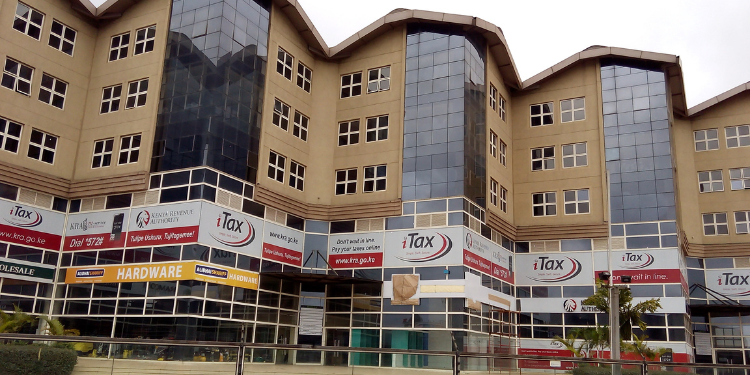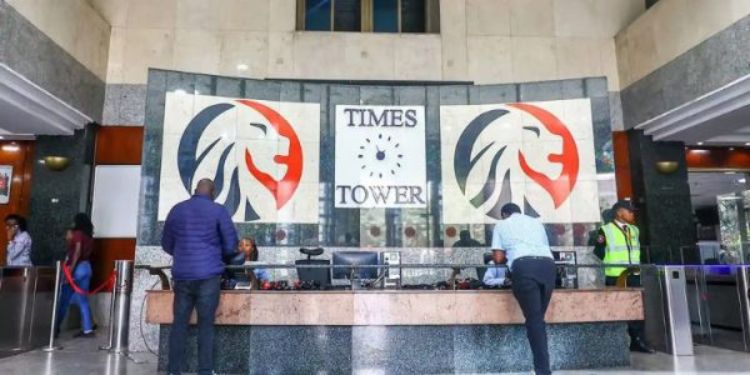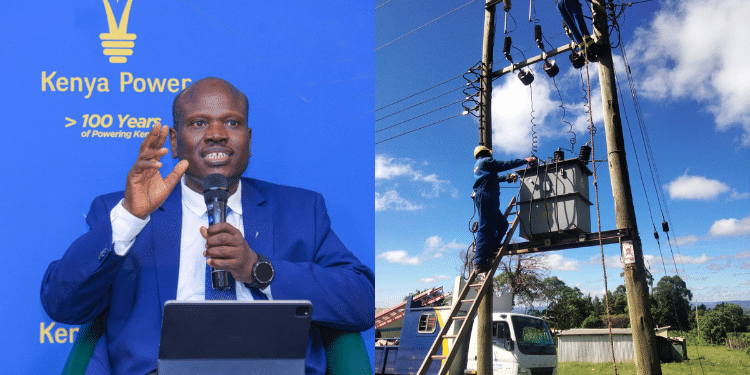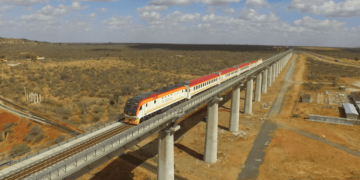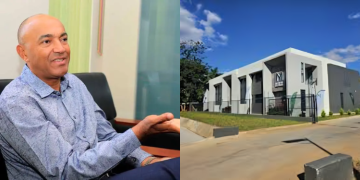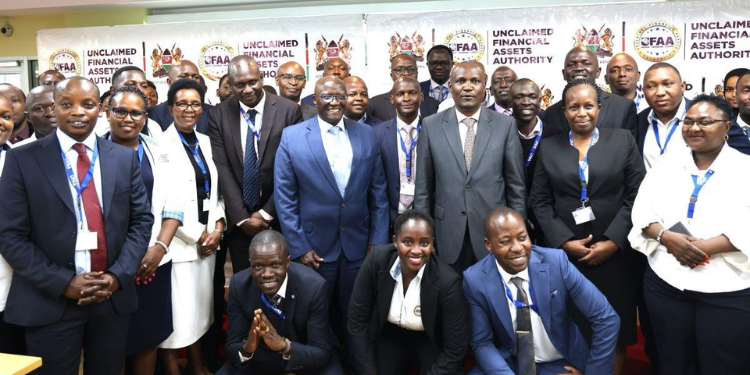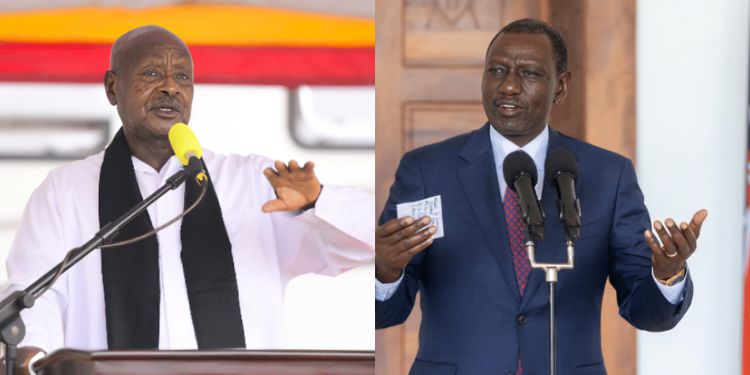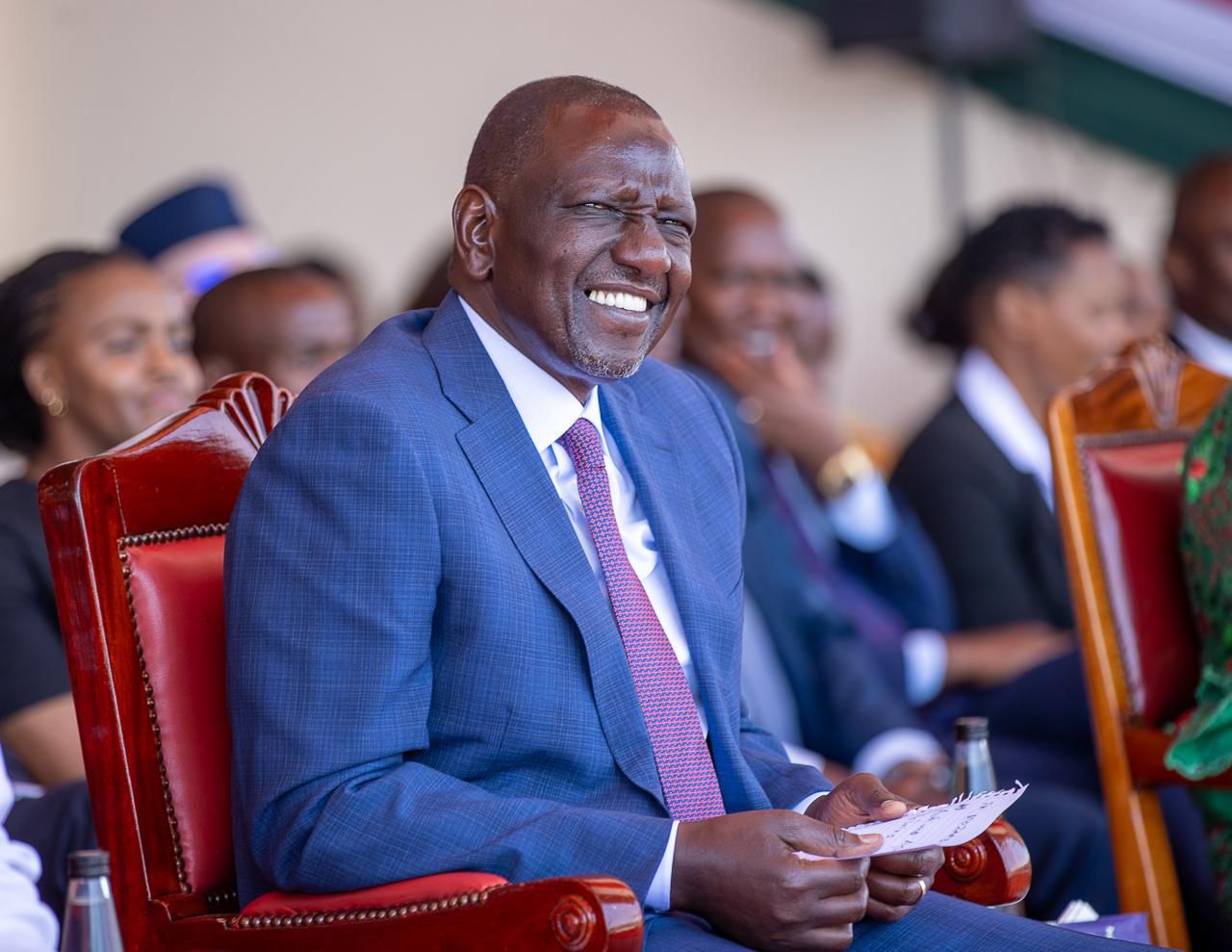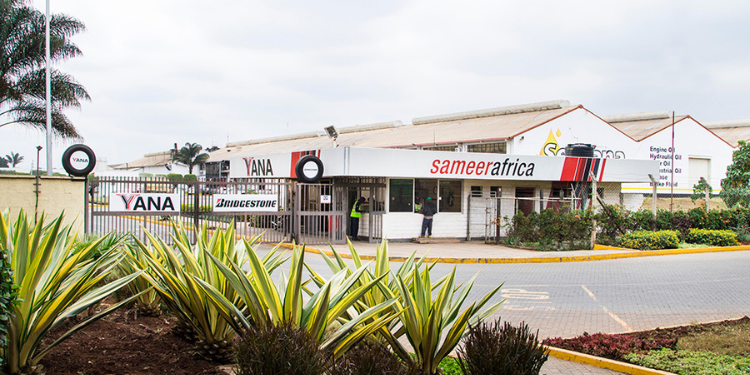Sameer Africa has officially exited the tyre business, marking the end of an era for a company once synonymous with Yana tyres.
The firm has now fully transitioned into real estate, a move that has dramatically reshaped its revenue streams and profitability profile.
Sameer Africa Tyre Business
The company, which once generated over Ksh3.54 billion annually from tyre sales, has seen its total revenue significantly reduce by 90.5% to Ksh389.5 million.
However, this decline shadows a remarkable turnaround in profitability. In 2024, Sameer Africa posted a net profit of KSh 259.9 million, a significant leap from previous years.
Sameer Africa had previously exited tyre manufacturing in 2016, attempted a comeback in 2021, but ultimately decided to wind down the tyre business in 2024 due to rising costs and competition from cheap imports.
As of the end of 2023, total revenue dropped to Ksh390.49 million, and net profit fell to Ksh46.33 million, a 53.78% decline from the previous year.
Also Read: Diamond Trust Bank Kenya Reduces Loan Interest Rates
The company significantly reduced its workforce and is now focusing on property development and management, including its holdings in Sameer Business Park and Sameer Industrial Park.
Rental income from these properties surged to Ksh388.6 million, accounting for 99.7% of the company’s total revenue.
“This strategic realignment positions us to deliver sustainable value to shareholders while capitalizing on the growing demand for quality commercial real estate in Nairobi,” the company said in a statement.
More Profitable Real Estate Business
The shift has allowed Sameer Africa to streamline its operations, reduce overheads, and focus on high-margin income.
The company has also significantly reduced its workforce and operational complexity, contributing to the improved profits.
Sameer Africa’s transformation is a case study in corporate reinvention. While the tyre business was once a household name, the company’s ability to pivot and thrive in a completely different sector underscores the importance of adaptability in today’s volatile business environment.
As Nairobi’s real estate market continues to expand, Sameer Africa is betting that its new direction will offer more stable and scalable returns than the manufacturing sector ever could.
Implications of the shift
In 2020, the company declared 107 positions redundant, including 75 management staff and 32 unionisable employees.
By 2023, the number of employees in management and administration had dropped from 33 to 15, a 54.5% reduction.
The closure of Sameer’s Nairobi tyre plant, once a major employer, displaced hundreds of skilled and semi-skilled workers.
The company had previously outsourced production to Asia, but even that model proved unsustainable, leading to a full exit from tyre manufacturing.
Also Read: Kenya Ranked Among Most Affordable Countries in East Africa
Industrial and Sectoral Impact
Sameer’s exit is part of a wider trend of deindustrialization in Kenya, where over 30 manufacturing firms have shut down in the past decade due to high energy and input costs, unfavourable tax regimes and influx of cheap imports.
This includes major multinationals like Procter & Gamble, Cadbury, and Colgate-Palmolive, as well as local firms such as Athi River Mining and Eveready.
The cost of electricity in Kenya can go to as much as Ksh25/kWh, nearly 5x higher than in Ethiopia or Egypt.
The manufacturing sector’s share of GDP has dropped from 11.8% in 2011 to 7.3% in 2024, far below Kenya’s Vision 2030 target of 20%.
Over 5,000 formal jobs have been lost in manufacturing since 2011, with an additional 70,000 jobs lost across sectors between late 2022 and 2023.
Follow our WhatsApp Channel and X Account for real-time news updates.
